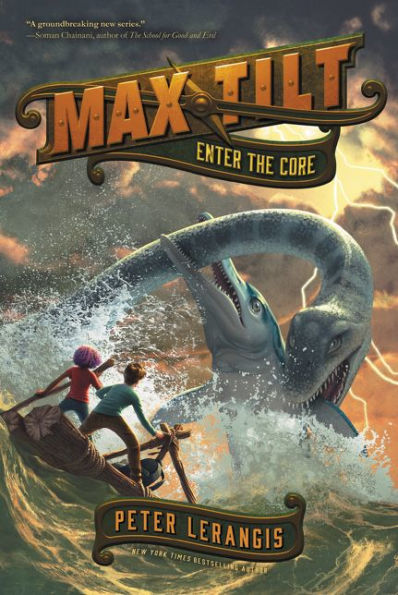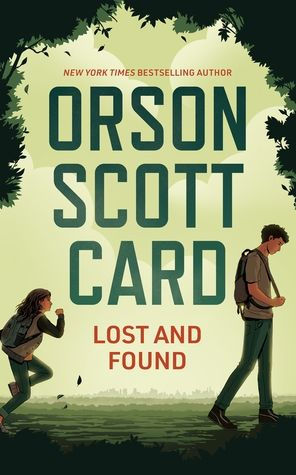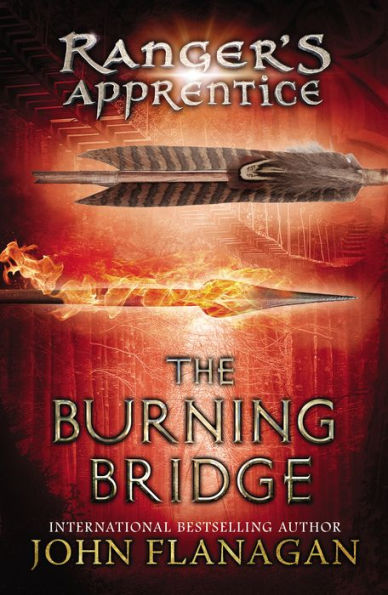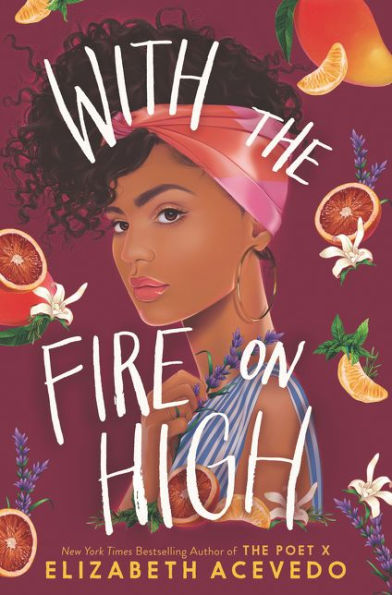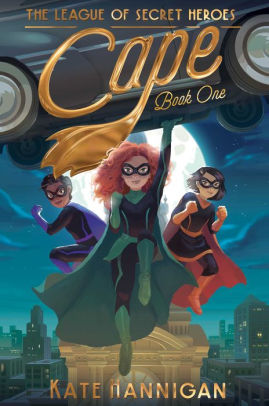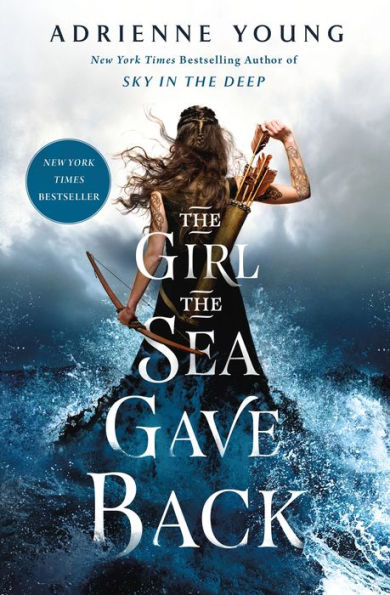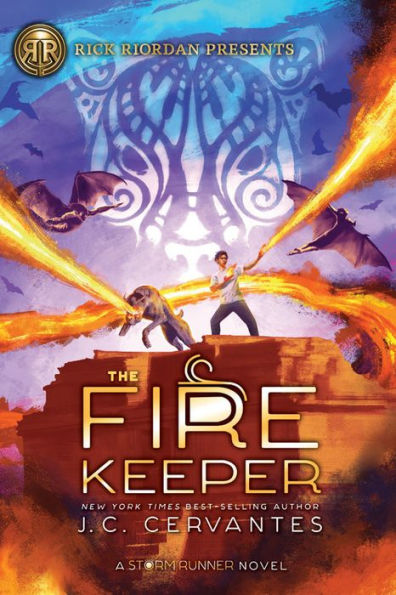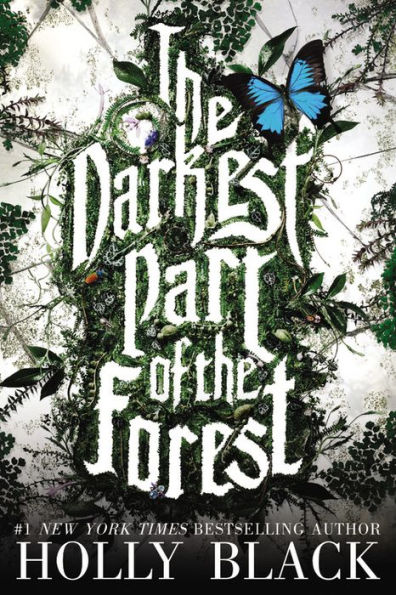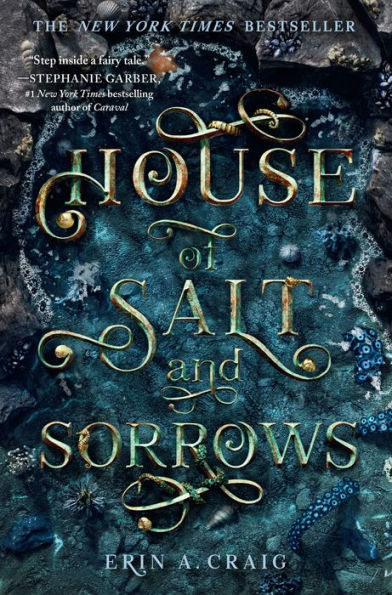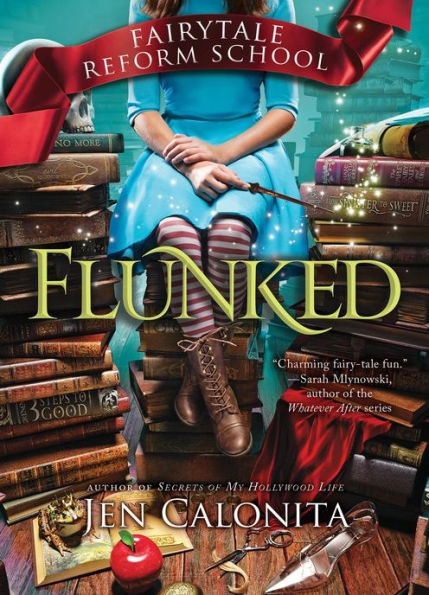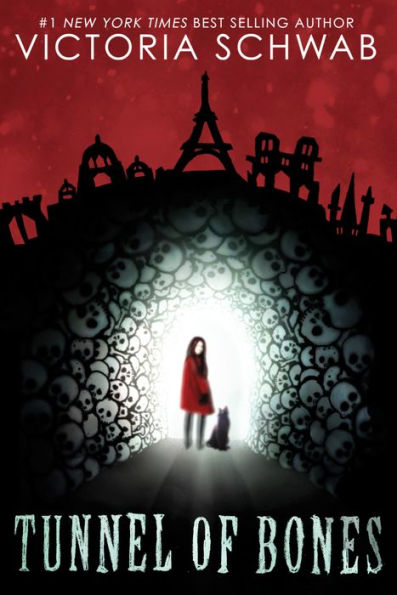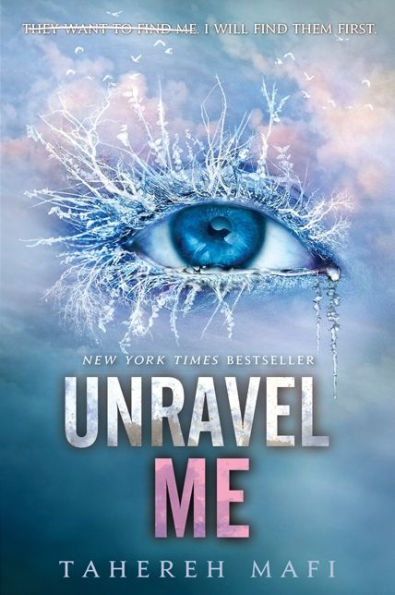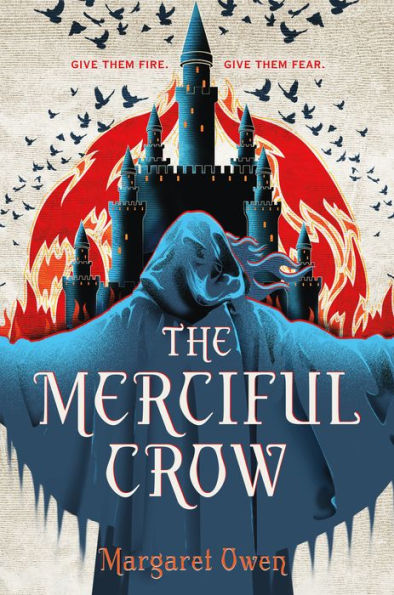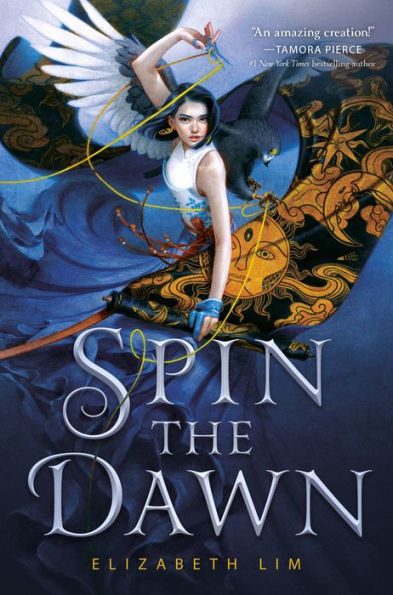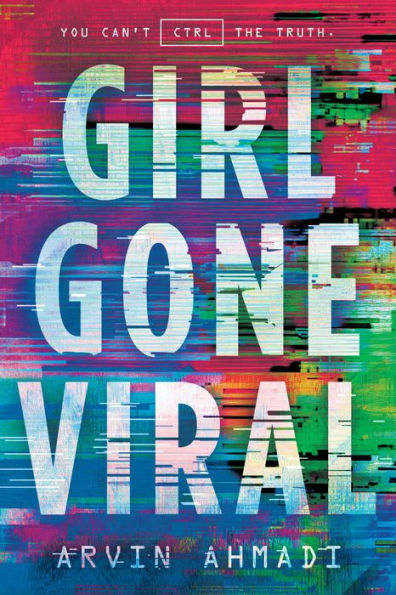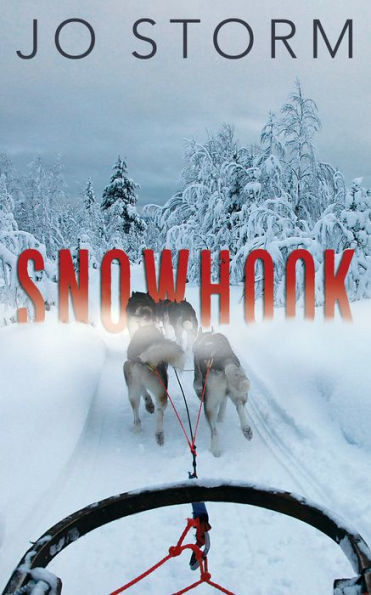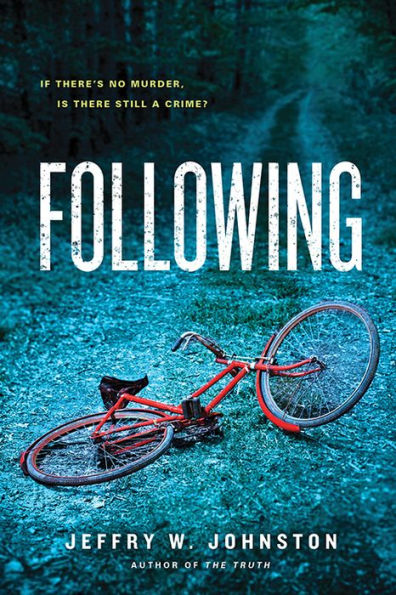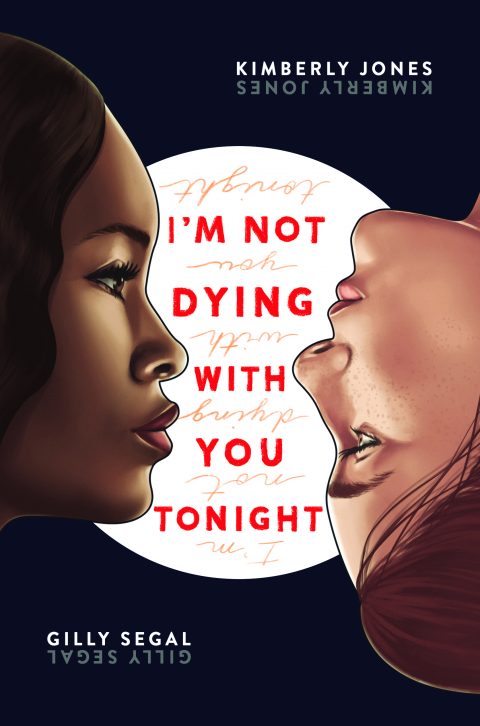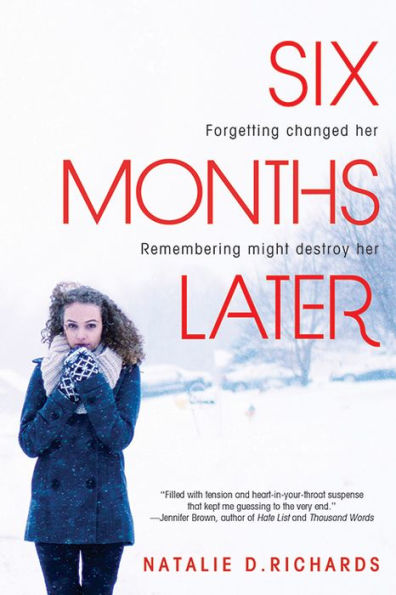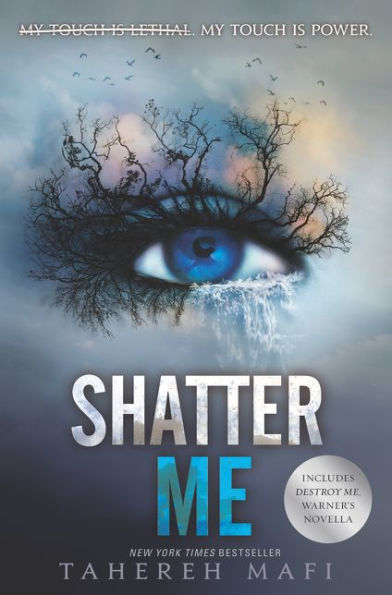Max Tilt thinks his luck is finally changing thanks to his great-great-great-grandfather Jules Verne’s unfinished, unpublished manuscript, The Lost Treasures. Using the clues Verne left behind, Max and his cousin Alex were able to bottle the magical healing elements needed to cure his mother’s illness just in the nick of time.
But then Max and Alex discover that the vials were stolen by their former friend, Bitsy. She has plans to use them to save the world, but her plans might be much more deadly than they seem. And so now it’s up to Max and Alex to stop her before it’s too late.
Working against the odds, the two kids glean clues from one of Verne’s best-loved books, Journey to the Center of the Earth. In it, they discover a map to their most dangerous destination yet—the very core of the world. So, now the two cousins are off on their most unlikely, most important quest yet—literally to save the world!
Max Tilt: Enter the Core has everything that adventure seekers could want in a book: non-stop action, interesting clues to solve, and a wonderful cast of diverse characters. Readers will be taken on a heart-stopping hike into the center of the earth where prehistoric creatures survive. As Max and his friends travel down the dark corridors and enter creepy caves, they use their combined knowledge (and a couple of ancient talismans) to safely solve the clues that Jules Verne left behind.
Even though the same villain from the previous books appears, the villain creates suspense and conflict without taking center stage. Instead, the focus remains on the descendants of Jules Vernes and his friend Arne Saknusseumm. The story highlights the importance of doing what is best for humanity, instead of what’s best for yourself.
Because many of the characters appear in all three books in the series, readers will want to read the previous books first. Unlike the previous books, Max Tilt: Enter the Core leaves the topics of death and illness out and focuses on the adventure, as Max and his friends follow Jules Verne’s footsteps as described in Journey to the Center of the Earth. In addition to the adventure, readers will enjoy the interplay between Max and his cousin, Alex.
Max Tilt: Enter the Core has the perfect blend of action, suspense, and interesting characters. Readers will want to read to the very last page. The heart-warming conclusion will leave readers with a smile. Sci-fi and action-seeking readers should definitely pick up the Max Tilt Series.
Sexual Content
- Someone saw Alex “kiss the lucky fellow.”
Violence
- When the bus driver tried to help Bitsy with her backpack, she bit him. “For a big walrus of a man, the driver had an oddly dainty scream. He yanked his arm away, Bitsy’s mouth was left with the taste of stale coffee, laundry detergent and old polyester.”
- Max gets upset and Brandon “grabbed him by the shoulders, but Max turned and kicked him.” Max began taking deep breaths to calm himself down.
- While in a cave, a “white object dropped to the ground. A bone. Then a grinning white face burst through. As Alex let out a piercing shriek, Max dove to the ground. He covered his head as a cascade of bones and skulls rained on top of him.”
- While in a cave, Max falls and slips down a passage and a creature grabs him. Max tried to run, but the thing “held Max tight—with arms, legs, or tendrils, he couldn’t tell. But it was smothering him, smushing his face into its fur, lifting his feet off the ground.” Max hits the creature with his flashlight. “As Max tried to wriggle free, he heard a scream. Something sharp stuck his left ankle. . . The beast let out a guttural moan. It let go of Max and he fell to the ground.”
- A creature grabbed Max with its talons. “Max felt himself rise, in ridiculous pain. He let out a scream that seemed to come up from below his toenails.” The creature drops Max.
- While in a cave, Brandon falls off a cliff. Later, Max’s group finds Brandon’s body and Brandon cannot be revived. A creature comes towards the body and Alex attacks the creature. “From the front of the creature’s torso, hidden under the thick mass of hair, an orange tentacle whipped forward. It wrapped around Alex’s arm and tossed her to the side like driftwood. She screamed in surprise, her trowel flying away and into the water.” Later, someone else “blindsided the creature from the other side. With a roar like a creaky door, the hairy thing fell back.”
- When a crowd of creatures comes towards Max and his group, Brandon “went into a pitching stance, kicked, and hurled the rock into the advancing crowd.” There is a lot of screaming and confusion. Something touches Max and “Max yelled in shock, twisting his body always, instinctively spinning and kicking. His right foot landed square in the face of a furry, monkey-like beast with wings. It fell to the ground, whimpering, and immediately ran away.” Then, Max squirts raspberry Gatorade towards a creature’s eyes causing it to run away. The scene is described over three pages.
- Prehistoric birds appear and try to snatch up Max and his friends. Before the birds can hurt anyone, “Three of the hairy creatures—just like the one who had poured the liquid over Brandon—were picking the birds out of the sky with their tentacles.” The birds fly away.
- The villain throws “a small black pellet that missed Max by inches, hitting the wall. . .it exploded into fragments and black dust.” A man is killed, but his death is not described.
- The villain pulled a gun from his pocket and threatened Max’s group. The villain throws pellets at Max’s group, and “it landed about four feet in front of [the door] and exploded.” No one is injured.
- Max’s group sets off an explosive that collapses a cave. It is implied that the villain and his daughter die in the explosion.
Drugs and Alcohol
- While hiking, Max and his group find a “plastic foil wrapper” of Xantax.
Language
- Heck is used four times. Several times someone asks, “What the heck is that?”
- When prehistorical birds appear, someone says, “Dear Lord.”
Supernatural
- Max is given “one of the most powerful talismans of the ancients. . . While wearing this talisman, you will always face the true path.”
- A creature puts “a clear liquid” on Brandon’s forehead and chest. “Brandon’s skin let out a hiss, sending up wisps of green smoke. . . Where the hissing liquid had touched his body, his pale greenish skin was darkening. From a series of thin lines along his forehead and torso, it spread like the branching of nerves, setting off blotches of deep color that grew and joined until he no longer had the same tinge as the lake.” Brandon’s body repairs itself and he comes back to life.
- Two men drink a serum that makes them immortal. “The serum slowed the body’s aging mechanism—it destroyed the marker that signals the end of life. In curing disease, the curious side effect was eternal life.”
Spiritual Content
- The plane that Max was on crashed in freezing water. “Saying a prayer, [Max] jumped out the door.”
- Someone tells Max and his group that they should “Go back to your family and pray for the best.”
